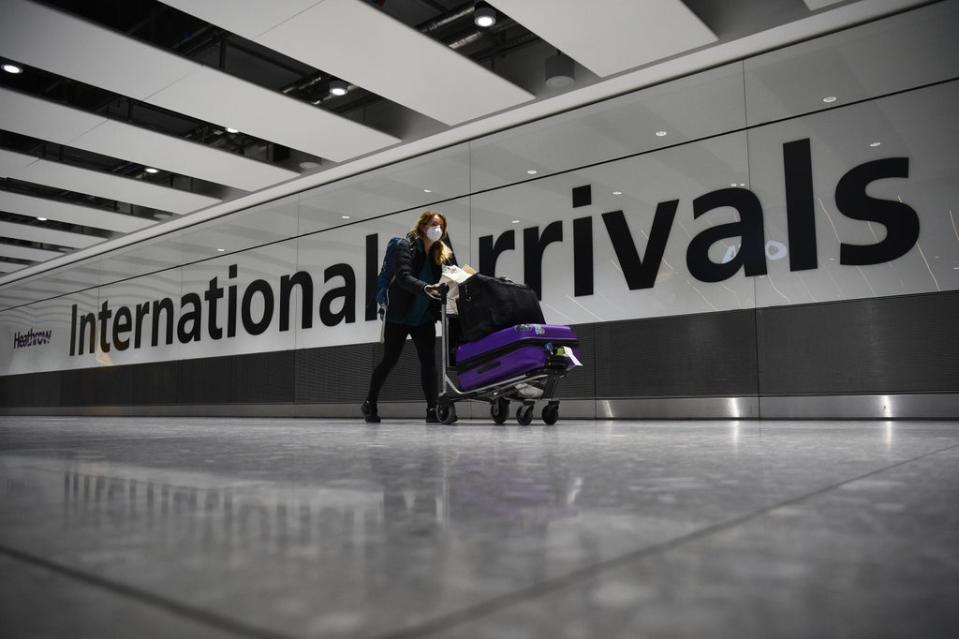Evening Standard Comment: It’s time to take the torture out of travelling

Ask any traveller about their experience of Covid testing and you can expect to be kept a long time. It’s not only the formidable cost but the time taken in filling out forms and taking and registering tests, even for the double-vaccinated. The expense amounts to the cost of another fare being added to a family holiday. So the news that the Government is considering relaxing some of the travel requirements is very welcome.
In particular, it is helpful that PCR tests are to be replaced by lateral flow tests for the double-vaccinated and pre-departure tests are likely to be scrapped. The rationale for those tests is open to question if, as some MPs say, only five per cent of the results are actually analysed for variants. The “amber” list of countries is to be scrapped and replaced by a “go” and “no-go” system, with the number of “no-go” countries perhaps halved. But the unvaccinated will be forced to quarantine for 10 days.
These changes will make travel simpler and cheaper — excellent news for the beleaguered travel sector. If there are to be £30 lateral flow tests for those returning from “go” countries this would be controversial, these should be made available at cost.
There is a broader point. We must learn to live with Covid. We cannot forever be burdened with restrictions which impede normal life, travel and business. No one quarrels with regulations that protect us from significant harm, and ministers should be cautious about lifting restrictions from countries such as Turkey just because they are popular.
But right now people feel little confidence about the rationale for the rules. Being ripped off to no purpose is a bad outcome.
Act to protect women
After the murder of Sarah Everard, the Home Secretary, Priti Patel, commissioned HM Inspectorate of Constabulary — the police watchdog — to report on violence against women. It has, and while it praises police for “vast improvements” in dealing with the issue, it also identifies big variations in the performance of individual forces.
Granted, there are two problems: domestic violence, mostly directed against women, and violence outside the home, which led to Ms Everard’s death. The former is more pervasive and it is troubling that three in four abuse cases are closed early without a suspect being charged. Forces must learn from each other.
The Home Secretary did the right thing in commissioning this report; now she must ensure its findings are acted upon.
Bumpy ride for Ulez
The rapid roll-out of electric cars has hit a bump in the road — would-be buyers may wait up to a year to get one because of a global shortage of semiconductors. Electric or hybrid cars are not the only vehicles which comply with the Mayor’s Ultra Low Emission Zone, which he is extending to the inner north and south circular roads from October, but it will make the move more problematic. Plainly, the Government must help the automotive industry deal with the shortage — but that won’t happen before October.
Read More
So what exactly is a “distinctively British” TV programme?
Reshuffle names are mapped with magnets. If they fall, they’re toast

 Yahoo News
Yahoo News 